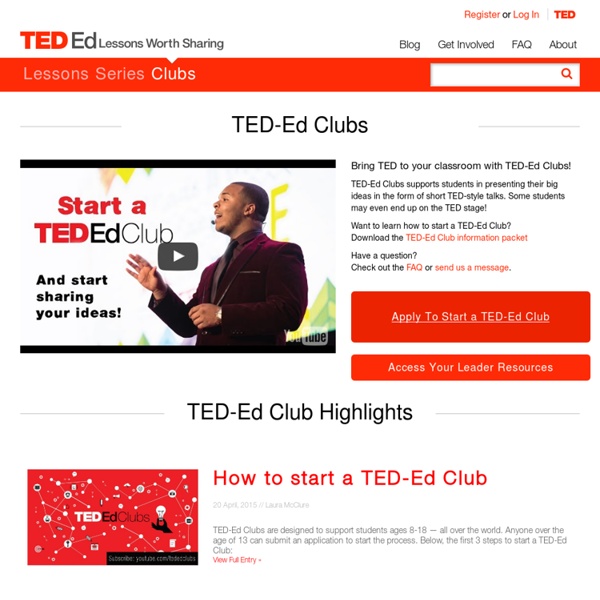



IDEAS Share your expertise with Google Helpouts [video] Today Google has a launched a new service powered by Google+ Hangouts, Helpouts, to allow users to share their skills and expertises to the masses via one-on-one video chats through your computer or mobile device. Essentially, Google is allowing individuals to give lessons to those who desire to learn about a specific skill or need one time help with anything including classwork, automotive issues, or a new language. Currently the service is not operational; however, starting today, Google is asking experts who want to get involved in the service to sign up before the service fully launches later this year. There are different categories of Helpouts to signup for including Arts and Music, Computers and Electronics, Cooking, Education, Fashion and Beauty, Fitness and Nutrition, Health and Counseling along with Home and Garden. When signing up, you're asked to describe the Helpouts you'd like to offer. How it works Experts can offer their skills for free or charge for sessions. Requirements
Building the European City of Scientific Culture | OPEN Places The core of the PLACES project is formed by more than 60 European City Partnerships in almost 30 countries. The City Partnerships constitute alliances of science communication institutions and local policymakers. The partnerships have been the basis for collaborative work between local stakeholders to develop Local Action Plans targeting science communication policies in European cities and regions. In many cases, City Partnerships have grown to involve media, non-governmental organizations, universities, research institutions, companies, and other interested parties. The Local Action Plans target key challenges in cities, based on scientific problem-solving. The Local Action Plnas are strategic visions that inform science communication policy at the local level for many years to come. An extensive series of Pilot Activities have tested innovative approaches to communicate science-based solutions in cities.
WP Login Box WordPress Login Box (WPLB) lets you add a log in/out box to your website. WPLB includes an options panel which gives you control over your form. Features: Different styles Highly customizable Lightweight Can be integreated with any theme Works well with other plugins Hackable This plugin lets you choose custom links for a forgot your password page,and registration page. Creative Little Scientists Web.AppStorm | Web Applications Reviewed, Rounded Up & Explained - Part 4 It’s US Thanksgiving today, the day we set aside to eat turkey, play (or, more likely, watch) American football, and hopefully spend at least a few minutes of reflection about what we’re thankful for from the past year. And so, why not think about the web apps you’re most thankful for at the same time? They’ve changed how you worked, freed you from legacy apps, made you more productive, and likely saved you money. And it’s been a great year for web apps, especially as a writer, with so many new writing web apps coming out. That’s far from all of the new web apps this year — it’s hard to think of the world of web apps in 2013 without thinking of Typeform, Apple’s new iWork for iCloud apps and the redesigned core iCloud apps, and more. So today, we’d love to hear what brand new web apps you’re thankful for in 2013. And while we’re taking about being thankful, hey: thank you for being part of our community! Sifting, and searching, and scanning, and scrolling, and squinting. (more…) (more…)
GoGo Labs Create the last resume you'll ever need. PATHWAY Micro-everything videos Check out the diverse assortment of PopTech stage talks from presenters who address how the micro-everything revolution applies to insurance, energy, education, diagnostics, and more. Microsolar Paul Needham and Simpa Networks Paul Needham’s organization, Simpa Networks, makes solar energy available to the poor. By using a pay-as-you-go pricing structure modeled after mobile phone cards, Simpa gives its customers ownership of the electricity. Once the initial cost of the equipment is paid off, the device belongs to the customer and their electricity is free. e-LEARNING Infogr.am The web is now awash with infographics, eye-catching colourful displays of complex information and data sets created, supposedly, to make them easier to digest. Infogr.am is a neat tool that lets you make your own. No mess or fuss, just click and load to edit one of the pre-designed templates, adding charts, maps, text objects, images and video. I’ve been quite vocal in the past about how much I despise infographics… in fact I delivered a talk about it at the Pod Delusion birthday party last year, which I have embedded below. That talk was slightly tongue in cheek (and designed for adults, so I guess comes with a parental guidance warning). It’s not that I have a problem with the concept but I hate it when it is used as a cheap way of adding eye-candy to a site. As long as you don’t abuse this simple rule the go ahead and make infographics to your heart’s content!